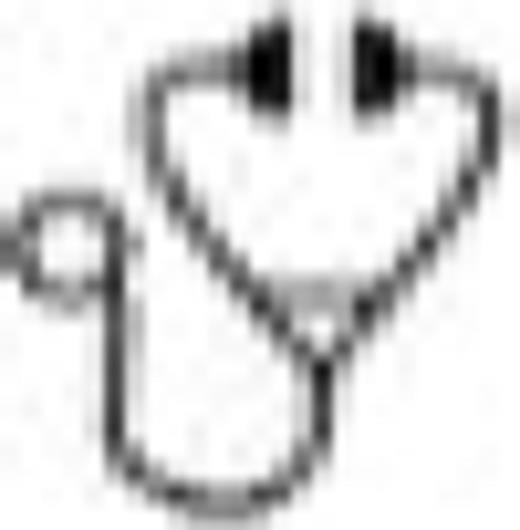Abstract

Introduction: Patients after relapsing allogeneic hematopoietic stem cell transplantation (AHSCT) have a treatment option of donor lymphocyte infusion (DLI). DLI is a form of adoptive immunotherapy which induces graft versus leukemia effect. Severe forms of graft versus host disease (GVHD) and marrow aplasia are known complications. In this study, we aimed to detect the effect of the infused CD3+ T cell dose on response, GVHD and overall survival (OS) of hematological malignancies after AHSCT.
Methods: We retrospectively evaluated 78 DLI procedures in 57 patients with different hematological malignancies for relapse after AHSCT from June 2000 through June 2015. Initial DLI CD3+ cell dose/kg recipient body weight was ≤ 1x10^7 (n=20; Group 1), >1.0 to ≤ 5 x10^7 (n=29; Group 2), 5-10 x10^7 (n=29; Group 3). Chi-square test was used in comparison between groups. P<.05 was considered statistically significant.
Results: The median age during DLI was 33,8 ± 13,2 (range 16-67 years) in 57 patients (38M/19F). The median time interval from HCT to DLI was 8.08 (2-69) months. Ten patients (18%) had bone marrow while 47 patients (82%) had peripheral blood as stem cell source. All patients received transplants from HLA-matched related siblings. There was no difference found between the three groups according to age, diagnosis, stem cell source and conditioning regimen. Achieving complete remission after DLI was detected in thirty two (56%) patients. Disease status after DLI, acute and chronic GVHD rates were not statistically different between the groups. Overall survival which was not statistically significant according to initial DLI cell dose at 2 years were 25%, 38% and 24%, respectively.
Conclusion: An initial DLI CD3+ cell dose of 10 x10e7 or higher has been shown improve overall survival but increase GVHD rates with no effect on risk of relapse in previous reports. Response rate, GVHD and survival outcomes were found to be similar in comparison of three different DLI dose groups in our study.
No relevant conflicts of interest to declare.
Author notes
Asterisk with author names denotes non-ASH members.

This icon denotes a clinically relevant abstract

This feature is available to Subscribers Only
Sign In or Create an Account Close Modal